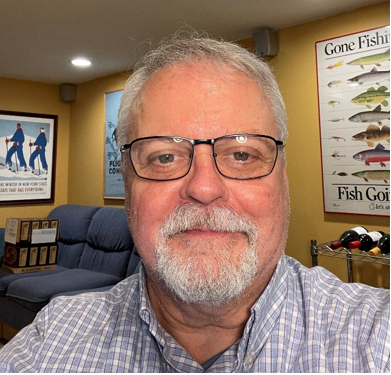Accelerated Bridge Construction (ABC) Technique – Route 4 Bridge over the Hackensack River (1 PDH)
Charles Henry, Project Manager
Joseph Romano, PE, Vice President, Northeast Regional Bridge Practice Lead Michael Baker International
Listen to the NJDOT Project Manager and lead Engineer discuss the Final Design phase to replace the structurally deficient, functionally obsolete existing Route 4 Bridge (Structure No. 0206-166) over the Hackensack River, which connects the City of Hackensack with the Township of Teaneck in Bergen County, NJ with a 3‐span continuous steel multi‐girder bridge.
Due to the high traffic volumes in and adjacent to the project area, maintaining three (3) lanes of traffic in both the eastbound and westbound direction of Route 4 throughout construction is imperative. Learn more about the bridge replacement that will be constructed utilizing a bridge slide as an Accelerated Bridge Construction (ABC) technique for the proposed eastbound bridge, and conventional construction for the proposed westbound bridge. This construction technique allows for the full bridge replacement along with the reconstruction and widening of the approach roadway, ultimately improving the safety of the corridor within the project area.
Inland Flood Protection Rule Overview (1 PDH)
Professional Engineering Ethics (2 PDH)
Engineers will learn about industry-related professional and statutory codes of ethics to indoctrinate ethics awareness and an understanding of ethical standards common to all jurisdictions, so that the participants understand the boundaries of ethical engineering behavior. Seminar will include an Introduction to common statutory and regulatory ethics rules; review of the National Society of Professional Engineers Code of Ethics with examples of common ethics rules, and illustrative case studies to consider, with emphasis on the similarities and difference between governmental and professional society sanctions. This session is eligible for credits in NYS














